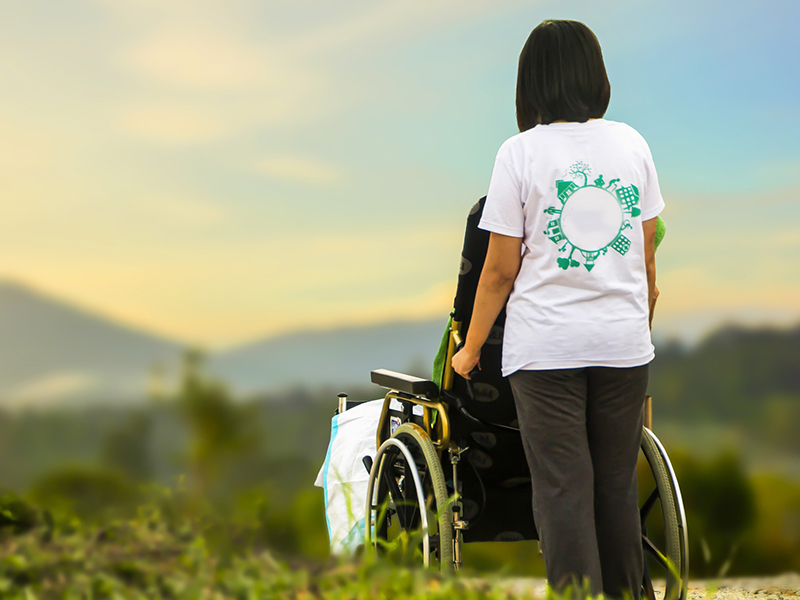Martin Elks
There are five common mindsets in disability:
- The Special Programs mindset is perhaps the most dominant mindset, especially for people with intellectual and developmental disabilities. This mindset assumes that people with disabilities need separate “special” programs such as special schools, special transportation, special teachers, special games and special workshops for “special people”.
- The Personal Tragedy mindset sees disabled people as victims of a personal tragedy that is an unfortunate consequence of being dealt a “bad hand” in life. Financial compensation and charitable works by compassionate people are what is needed to help these people deal with their unfortunate life circumstances. Seeing people as “better off dead than disabled” is an extreme but not uncommon example of this mindset.
- Seeing people with disabilities as objects to be fixed is also a common mindset. People with disability are not seen as persons but collections of behaviours that need to be improved by particular arrangements in their environment, especially by manipulation of regimes of rewards and punishments. People with autism are particularly vulnerable to this mindset and are often forced to live in strange and highly manipulated settings and sometimes subjected to harsh consequences aimed at shaping them up to have more socially acceptable behaviours.
- A risk management mindset assesses each new course of action according to its potential to negatively impact on a person or organization’s existing program budget, image, political profile or reputation. A new initiative is implemented only if the assessed risk is minimal or adequately safeguarded or considered to be otherwise acceptable.
- A mindset of inclusion sees people as having the same aspirations and need to belong as we all do. Disability is seen as a difference rather than a deviance and a natural and universal part of life rather than an abnormal condition to be cured, treated or prevented. This mindset believes services and supports should be developed using person-centred approaches and that disabled people should live in their community and make their own decisions about their lives.
Thinking new thoughts and having one’s assumptions challenged can be difficult and it can take a great deal of courage to be open-minded and willing to look at new ideas as non-prejudicially as possible.
